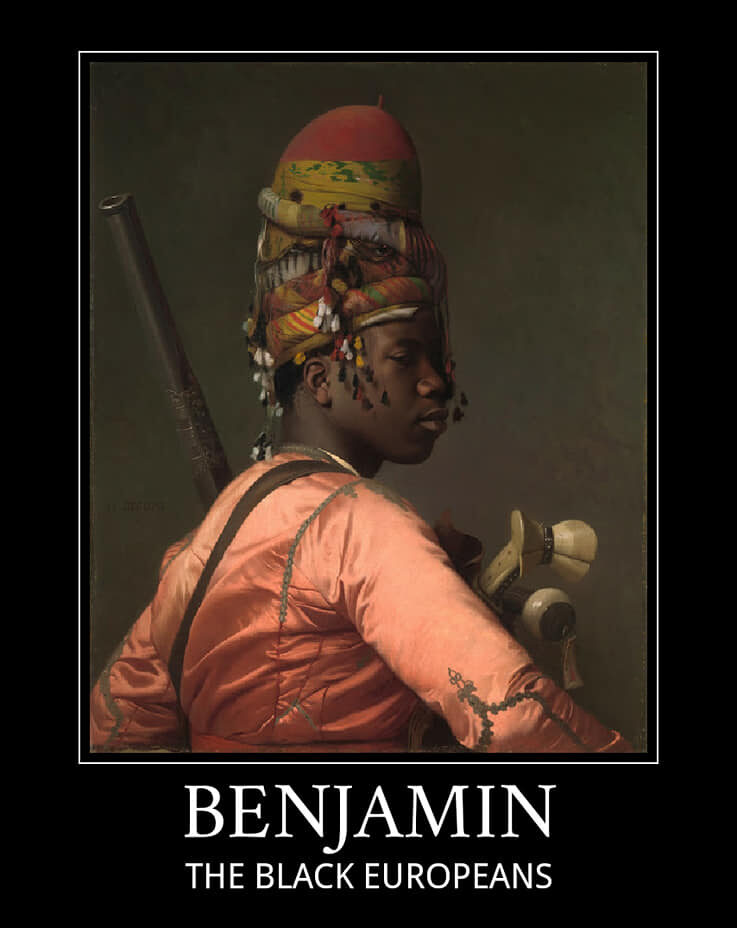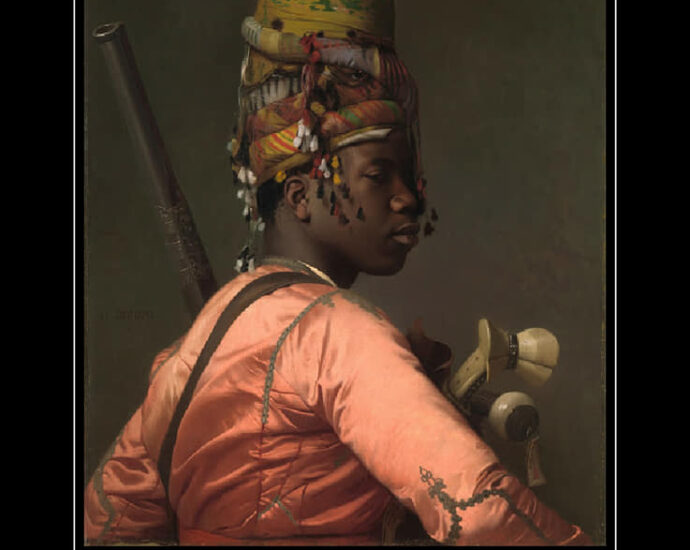BENJAMIN Benjamin – The French Guiana and Suriname…..
 The French Guiana and Suriname, Businenge (meaning people of the forest) are the descendants of the tribe of Benjamin. The descendants of enslaved Africans taken to Suriname to work in plantations. Some slaves escaped and established independent communities in the forest. They eventually won the right to govern themselves autonomously. In Suriname, they are usually called Marrons (Maroons). The Saramaka, Saamaka or Saramacca[note 1] are one of six Maroon peoples (formerly called “Bush Negroes”) in the Republic of Suriname and one of the Maroon peoples in French Guiana. In 2007, the Saramaka won a ruling by the Inter-American Court for Human Rights supporting their land rights in Suriname for lands they have historically occupied, over national government claims. It was a landmark decision for indigenous peoples in the world. They have received compensation for damages and control this fund for their own development goals.
The French Guiana and Suriname, Businenge (meaning people of the forest) are the descendants of the tribe of Benjamin. The descendants of enslaved Africans taken to Suriname to work in plantations. Some slaves escaped and established independent communities in the forest. They eventually won the right to govern themselves autonomously. In Suriname, they are usually called Marrons (Maroons). The Saramaka, Saamaka or Saramacca[note 1] are one of six Maroon peoples (formerly called “Bush Negroes”) in the Republic of Suriname and one of the Maroon peoples in French Guiana. In 2007, the Saramaka won a ruling by the Inter-American Court for Human Rights supporting their land rights in Suriname for lands they have historically occupied, over national government claims. It was a landmark decision for indigenous peoples in the world. They have received compensation for damages and control this fund for their own development goals.
Saramaka :
The word “Maroon” comes from the Spanish cimarrón, which was derived from an Arawakan root.[3] Since 1990 especially, some of the Saramaka have migrated to French Guiana due to extended civil war in Suriname. By the early 16th century, the term “maroon” (cimarron) was used throughout the Americas to designate slaves who had escaped from slavery and set up independent communities beyond colonists’ control.[4] Together with five other Maroon tribes in Suriname and French Guiana, the Saramaka form the largest group in the world of Maroon peoples of African Descent.
Boni Wars
In 1760, the Ndyuka people who lived nearby, signed a peace treaty with the colonists offering them territorial autonomy. The Aluku also desired a peace treaty, however the Society of Suriname, started a war against them In 1768, the first village was discovered and destroyed.
In 1770, two other Maroon groups joined the tribe which became known as the Boni after their leader. Boni used guerilla tactics against the colonists, and kept retreating into the heavily guarded Fort Boekoe located in a swamp.
On 20 September 1772,[9] after seven months of fighting, an army of 300 freed slaves finally managed to conquer the fort.

